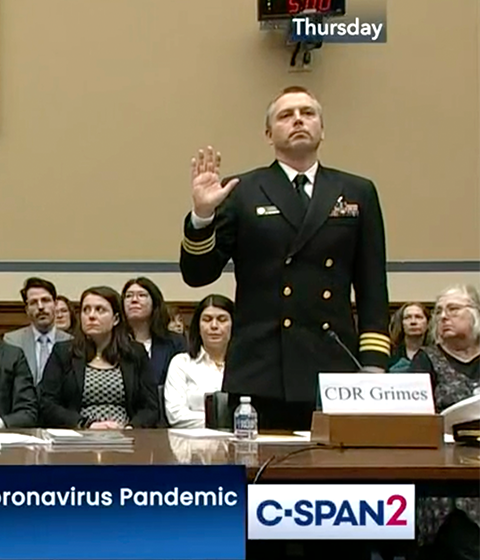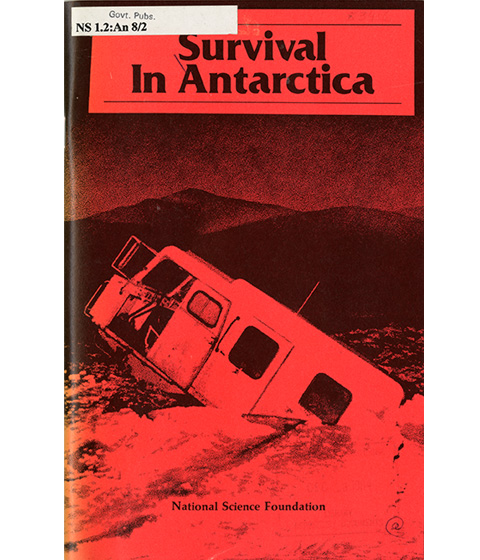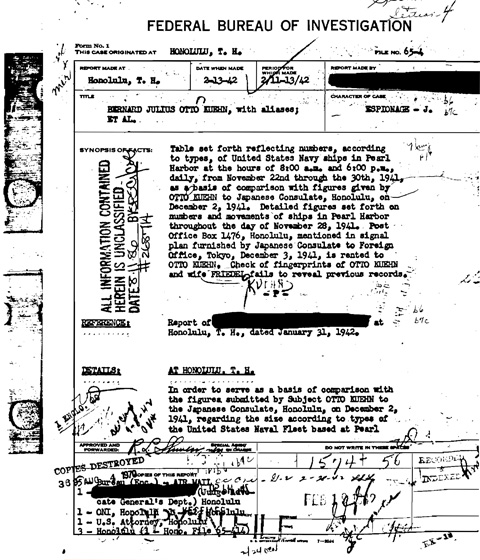Government documents are materials produced by and for the US federal agencies within the three branches of government: executive, legislative, and judicial. In addition to governmental reports, such as census data, budgets, presidential papers, and bills and laws, government documents also include educational pamphlets, research data, maps, and much more. A cornerstone of American democracy, open access to public records ensures transparency and accountability in government. It also helps document our history as a nation. Informed citizens have the keys to make decisions that affect their personal and civic lives.
"A democracy requires accountability, and accountability requires transparency."
− US President Barack Obama, Freedom of Information Act (FOIA) memorandum, 2009
“Hearing on Vaccine Safety Systems.”
US House of Representatives. February 15, 2024.
Public health officials testified on the effectiveness of vaccine safety systems before the House Oversight and Accountability Select Subcommittee on the Coronavirus Pandemic. C-SPAN, a cable news nonprofit, captures and streams unedited video of the US Congress."
“Racial and Ethnic Diversity in the United States: 2020 Census.”
Visualization. US Census.
This visualization of the diversity index shows racial and ethnic demographic data by US state. The interactive, online version allows comparison of 2010 and 2020 US Census data.
“Tarjetas de Educación Cívica para el Examen de Naturalización” [Civics Flash Cards for the Naturalization Test].
US Citizenship and Immigration Services, US Dept. of Homeland Security. 2019.
Designed to help US citizenship candidates study for the naturalization test, civics flash cards on US history and government are available in Arabic, Chinese, English, Korean, Spanish, Tagalog, and Vietnamese.
“Survival in Antarctica.”
Office of Polar Programs, US National Science Foundation. 1984.
Derived from the experiences of polar scientists and explorers, this manual covers Antarctica’s unique hazards and “survival problems.” Tips, best practices, and emergency procedures include what to pack, building shelters, crevasse detection and rescues, and how to maintain mental health while “wintering over.”
“Bernard Julius Otto Kuehn Investigation.”
FBI Records: The Vault, US Federal Bureau of Investigation. 1942.
Declassified, redacted FBI files detail the investigation into Bernard Julius Otto Kuehn and his wife, German-born spies who provided the Japanese government with intelligence related to the attack on Pearl Harbor, Hawaii on December 7, 1941.





